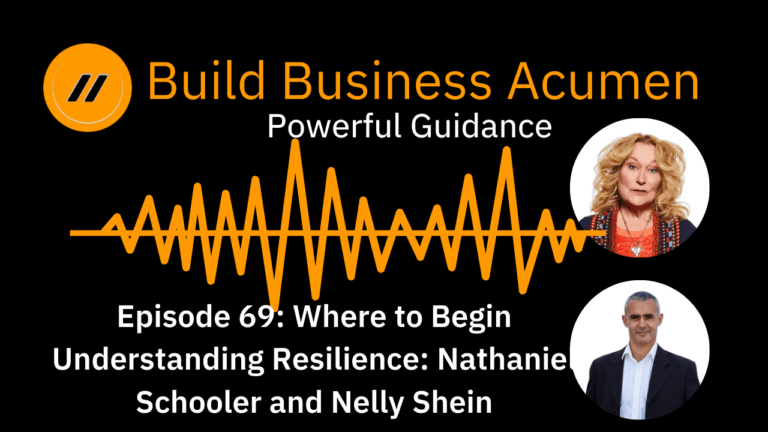In order to build resilience, it is important to understand what it is and how it works. In this blog and podcast, we share a lot of tips to get started, and we answer the question of where to begin in understanding resilience. And we think it is built on the introduction of many new habits into your life.
In Australia, I drive on the left-hand side of the road, whereas I drive on the right in Sweden. It’s initially tough to change lanes. Normally, you must concentrate hard not to stray into traffic on the freeway or in a roundabout. However, after some time, driving this way is quite comfortable.
Resilience is built on introducing many new habits into your life. Another example is flossing for at least 4 minutes once a day. Not a lot of time if you compare it with 16 waken hours per day. Yet, that is still a difficult one for many people.
Question: Who is the master of your life? You? Well, if you are in charge, then you need to push yourself just do it. There are mainly just two ways of pushing ourselves – pain or pleasure. Although, having said that, there is a third one – peace and harmony. Sometimes, we can settle for that alternative. Let’s say that one of your goals is to walk five kilometres each day. When you begin, it will rain the first day. You may then modify your objective and state that you’ll walk five kilometres on days when it isn’t raining. When you’ve established the new habit, tell them you’ll go out even if it’s raining. We can’t be too hard on ourselves from time to time. Keep things in perspective by taking things step by step.
Empathy and resilience
We learn empathy when we’re going through distressing circumstances, especially if they remind us of something similar or much worse that others are experiencing.
Going through pain and understanding what life is like for other people is how being empathetic comes about. This is critical to creating closer ties and assisting individuals in dealing with these often tragic circumstances.
What often gets overlooked is the role of empathy in resilience. Without empathy, it can be difficult to truly understand and connect with others, which can hinder our ability to recover. We can become more resilient and have better relationships with the people around us if we learn to appreciate and utilize our sympathetic side. So, when you’re in a tough spot, don’t forget to put on your empath hat and see how you may connect with those around you. You might be shocked at just how beneficial it can be.
We have to make difficult decisions that affect others on a daily basis. It’s not always simple to put ourselves in other people’s shoes, but it’s critical that we try. By understanding others’ needs and building stronger connections, we can better comprehend their concerns and satisfy them.
We can also develop deeper self-awareness and make wiser decisions that are consistent with our principles. Empathy is a transformative capability that may help us both professionally and personally grow. We may lay the groundwork for long-term success by investing time in getting to know ourselves on a deeper level. Don’t be hesitant to explore your innermost desires and aspirations; taking time each day to be kind to yourself might just be the key to achieving your full potential.
We must first comprehend our own reasons and drivers, as well as what makes us genuinely happy. Only then will we be able to really chase after our objectives with vigour and conviction. And while this may appear to be a straightforward notion, it can be difficult to put into practice in our daily lives. We are so preoccupied with achieving the next big thing…sometimes pausing is a crucial element in our lives…

